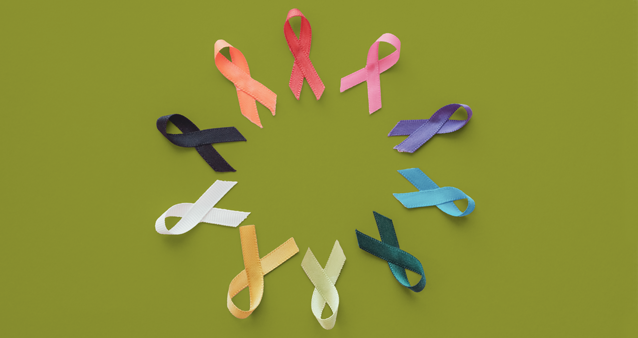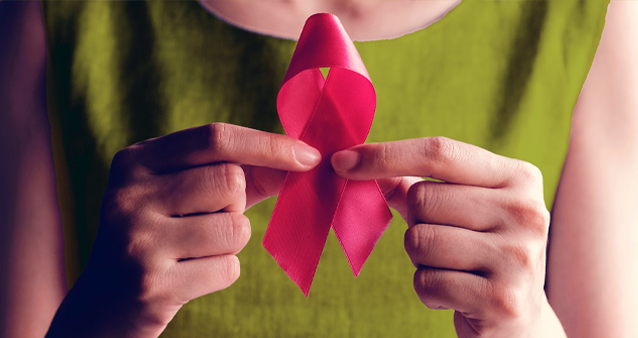Do Medical Aids Cover Pap Smears and Mammograms?

According to the Cancer Association of South Africa, cancer will touch the lives of 1 in 4 South Africans, either through diagnosis of self, friends, family, or colleagues.
According to the latest National Cancer Registry (NCR) report (which is from 2022—a more recent one hasn't been released) these are the top five cancers affecting women in South Africa:
| Cancer | Percentage of All Cancers |
|---|---|
| 1. Breast Cancer | 24.11% |
| 2. Cervical Cancer | 16.41% |
| 3. Colorectal Cancer | 4.85% |
| 4. Uterine Cancer | 3.84% |
| 5. Melanoma | 2.33% |
* This excludes non-melanoma skin cancers (NMSC) including basal cell (BCC) and squamous cell carcinomas (SCC).
It's clear from these facts that women need regular cervical and breast cancer screening, among others. The best ways to check for these cancers is through Pap smears (for cervical) and regular mammograms (for breast).
But it's all good and well to say that women need to get checked, but some of these screenings are expensive, so many of us must rely on our medical aids to pay for them.
Do Medical Aids Cover Breast and Cervical Cancer Screenings?
In short, yes—most medical aids will have screening benefits for a range of health conditions, including breast and cervical cancer.
Medical aids prefer to cover things like diagnostic mammograms that either clear you for a clean bill of health or detect cancer early, as it costs them less in the long term to pay for a test than to pay for cancer treatment for extended periods. So, it's in their best interest to pay health care providers to perform these kinds of tests.
They may, however, have a limit as to how often you can get checked. For example, some medical aids might cover you to have a Pap smear once every year, while they'll cover a screening mammogram only every three years. These screening tests usually don't come out of your savings—buy rather from a day-to-day benefit set aside for tests like these.
Your medical aid may also cover tests like bone density scans, tuberculosis checks, HIV/Aids assessments, plus general screening tests like body mass indexing, cholesterol, and blood pressure.
What is a Mammogram?
A mammogram is a special X-ray test that doctors use to look at the inside of your breasts. It's a key tool to check for early signs of breast cancer. The process is quick: you stand in front of a machine, and it takes images of your breasts from different angles. This helps doctors spot any lumps or changes that might need more investigation.
Regular mammograms are important because they can detect problems before you can feel them, making treatment easier and more effective. Sometimes, mammograms can detect the cancer up to three years before it can be physically felt.
What is a Pap Smear?
A Pap smear, also called a Pap test, is a simple procedure to check for changes in the cells of your cervix. The cervix is the lower part of the uterus that opens into the vagina.
During the test, a doctor gently collects a small sample of cells from your cervix using a soft brush. This sample is then examined under a microscope to look for any abnormal cells that could indicate cervical cancer or other issues. It’s a quick and important test that helps catch problems early when they’re easier to treat.
It's important at this point to mention the human papillomavirus virus (HPV), which is a virus with certain strains that can cause cervical cancer. If a Pap smear indicates unusual cells in the cervical tissue, an HPV test will likely be done next to see if the virus is in your cervix.

What Are the Signs of Breast Cancer?
While going for mammograms is extremely important to catch cancer early, it's also vital to be aware of the signs of breast cancer. Here are some of the red flags that can signal you're at risk for breast cancer:
- A family history of breast cancer.
- Dense breast tissue—your breast feels denser than usual.
- You feel an unusual lump in your breast, which can include the area under your armpit.
- A change in the size or shape of the breast.
- Breast pain.
- Redness in the skin, like the skin of an orange.
- Dimpling of the skin.
- Discharge from the nipple.
What Are the Signs of Cervical Cancer?
Cervical cancer is harder to detect than breast cancer without a proper test. In fact, symptoms usually only appear once the cancer is more advanced. But here are the signs to watch out for in any case:
- Abnormal vaginal bleeding, such as bleeding after sex, after menopause, and heavy or long-lasting periods, among other scenarios.
- Unusual discharge.
- Pain during sex.
- Pain in the pelvis.
- Leg swelling.
- Trouble with urinating or having a bowel movement.
- Blood in the urine.
Remember that by the time these signs appear, the cancer may be quite advanced, so it's really important that you go for screenings regularly.
Other Cancer Statistics
- 9.7 million people died in 2022 from cancer.
- Lung cancer is the most commonly occurring cancer globally.
- Breast, cervix and prostate are the deadliest cancer types in Africa.
- In 2022, about two-thirds of all new cancer cases and deaths around the world were due to just 10 types of cancer.
- Due to factors like population ageing and growth, tobacco, alcohol, obesity and pollution, cancer is expected to increase by 77% globally by 2050.
Sources: World Health Organisation, International Agency for Research in Cancer
Medical Aid Is Vital for Cancer Screening
Medical aid helps cover the cost of vital cancer screenings. In that way, it can be a lifesaver. If you’re struggling to pay your medical aid premiums or haven’t taken out medical aid yet, Hippo can help.
In just a few minutes, we’ll give you up to 10 medical aid quotes online so you can compare them quickly and easily side by side and pick an affordable deal for you.
Why not try it now?
References:
Cancer in South Africa - statistics & facts | Statista
Cancer in South Africa - The Cancer Foundation
Cervical Cancer Symptoms | Signs of Cervical Cancer | American Cancer Society
Cancer Statistics - CANSA - The Cancer Association of South Africa
Hippo Blog Categories

































